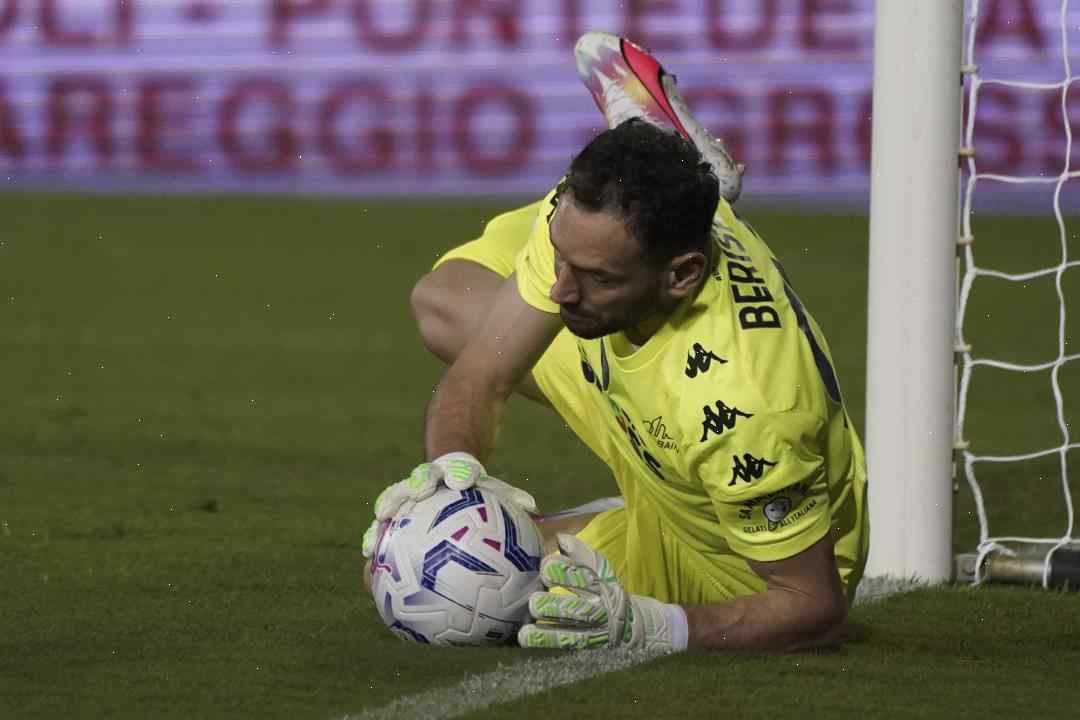As a goalie, the world appears differently. It’s a peculiar feeling, almost like being an astronaut floating in outer space. You’re detached from the rest of the team, yet entirely dependent on them. Your senses heighten, and your brain processes information differently. You anticipate moves before they happen, calculate trajectories, and predict human behavior. It’s both exhilarating and isolating.
In hockey, soccer, lacrosse, or any other sport that employs a goalkeeper, these sentinels of the net have unique brains. They possess a distinct combination of physical prowess, mental toughness, and perceptual acuity. Scientific research has begun to unravel the mysteries of how their profession shapes their cognition, decision-making, and even emotions.
A study published in Frontiers in Psychology investigated the neural basis of goalkeeping in ice hockey. Researchers discovered that goalies exhibited increased activity in areas associated with attentional control, spatial reasoning, and prediction. Essentially, their brains adapt to anticipate the actions of opponents, analyzing patterns and making split-second decisions. This hyper-vigilance translates to enhanced environmental awareness, which may benefit them beyond the rink.
Goalies often develop a strong connection with nature, particularly those who play in outdoor settings. They become attuned to wind direction, humidity levels, and temperature fluctuations, factors that can impact gameplay. In a way, they develop a sixth sense, much like farmers who can forecast weather changes by observing subtle shifts in plant behavior. This sensitivity to the environment might motivate them to adopt eco-friendly practices in their personal lives, fostering a deeper appreciation for the natural world.
Moreover, goalies often display remarkable resilience and mental fortitude. They must cope with high-pressure situations, frequent criticism, and the constant threat of injury. Studies have shown that individuals who experience stress and adversity regularly, such as athletes, develop coping mechanisms that enhance their mental well-being. This resistance can translate to other aspects of life, helping them navigate challenges like climate change activism or advocating for social justice causes.
However, there’s another side to this coin. The pressure cooker environment of competitive sports can take its toll on mental health. Goalies, especially, face immense scrutiny, as their mistakes directly impact the outcome of games. Depression, anxiety, and burnout are common among athletes, highlighting the need for robust support systems within sports organizations. By acknowledging and addressing these issues, we can promote better mental health practices across all professions.
The unique perspective of goalies also influences their relationships with teammates and coaches. They communicate differently, using nonverbal cues and anticipatory gestures to coordinate efforts. Trust and understanding build slowly but deeply, creating bonds that transcend typical team dynamics. These skills translate seamlessly to leadership roles, diplomacy, and conflict resolution in various fields.
Beyond the realm of sports, the lessons learned from goalies apply to diverse domains. Their ability to process information quickly, think ahead, and adjust to changing circumstances serves them well in careers like business, politics, or emergency services. Moreover, their familiarity with failure and setbacks instills a growth mindset, allowing them to embrace challenges and learn from mistakes.
In conclusion, the world appears differently through the eyes of a goalie. Their profession sculpts their brains, imbuing them with exceptional attention, intuition, and resilience. As we explore ways to tackle global concerns like climate change, social inequality, and mental health, we would be wise to draw inspiration from these unsung heroes. Emulating their unique blend of traits and perspectives can help us cultivate a brighter, more compassionate future.

